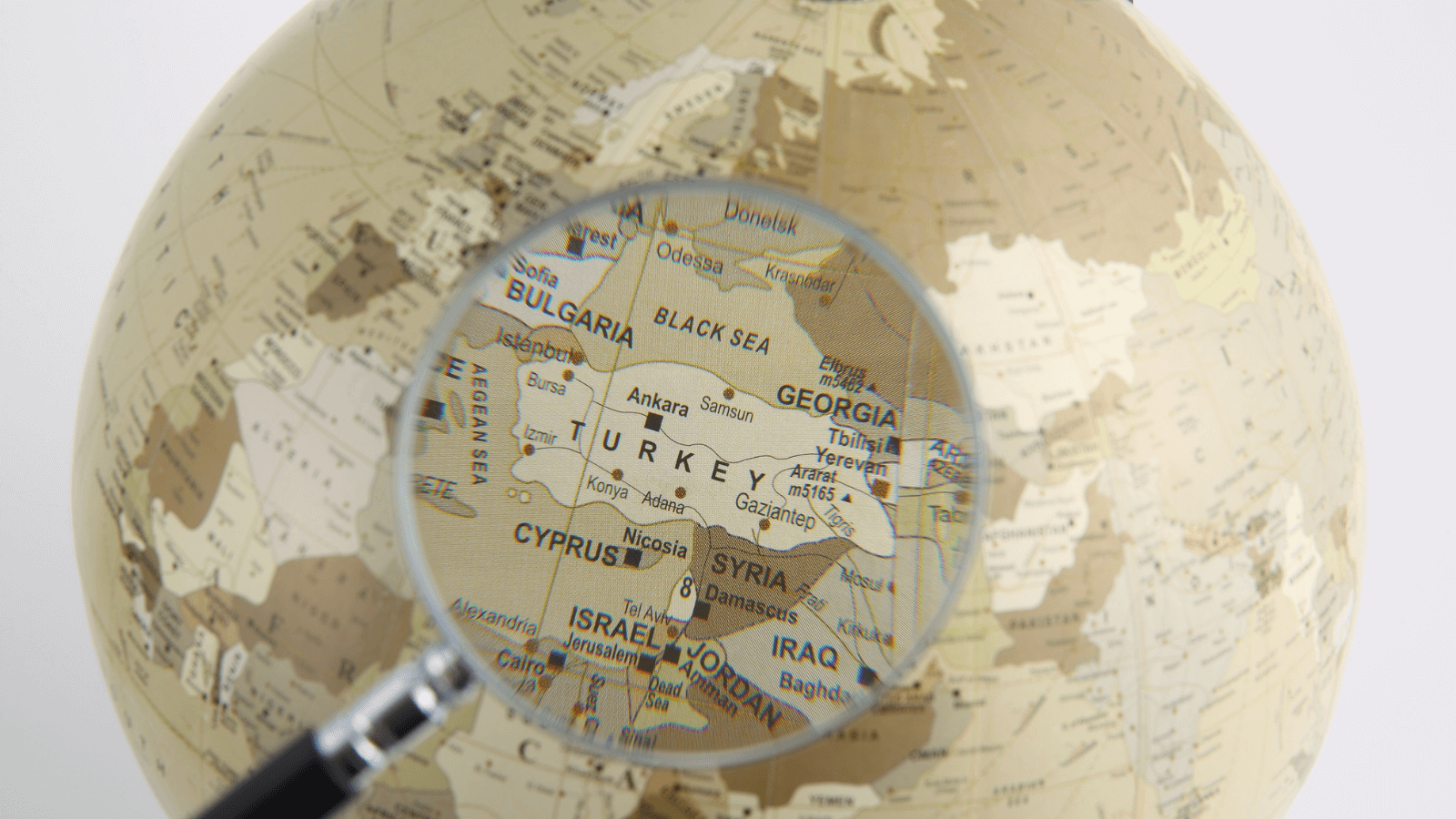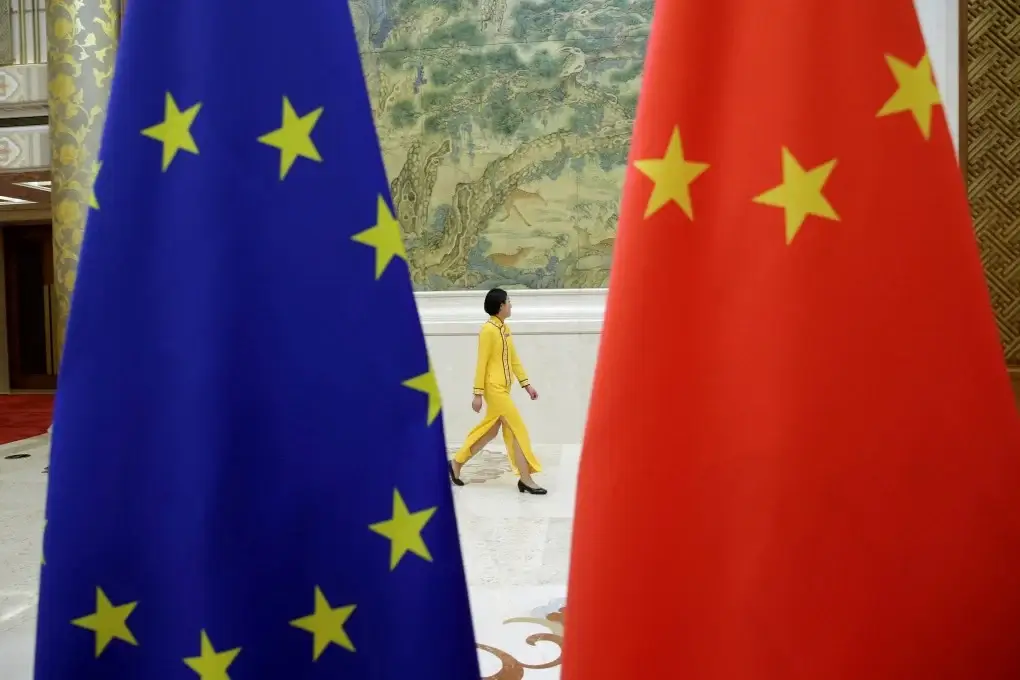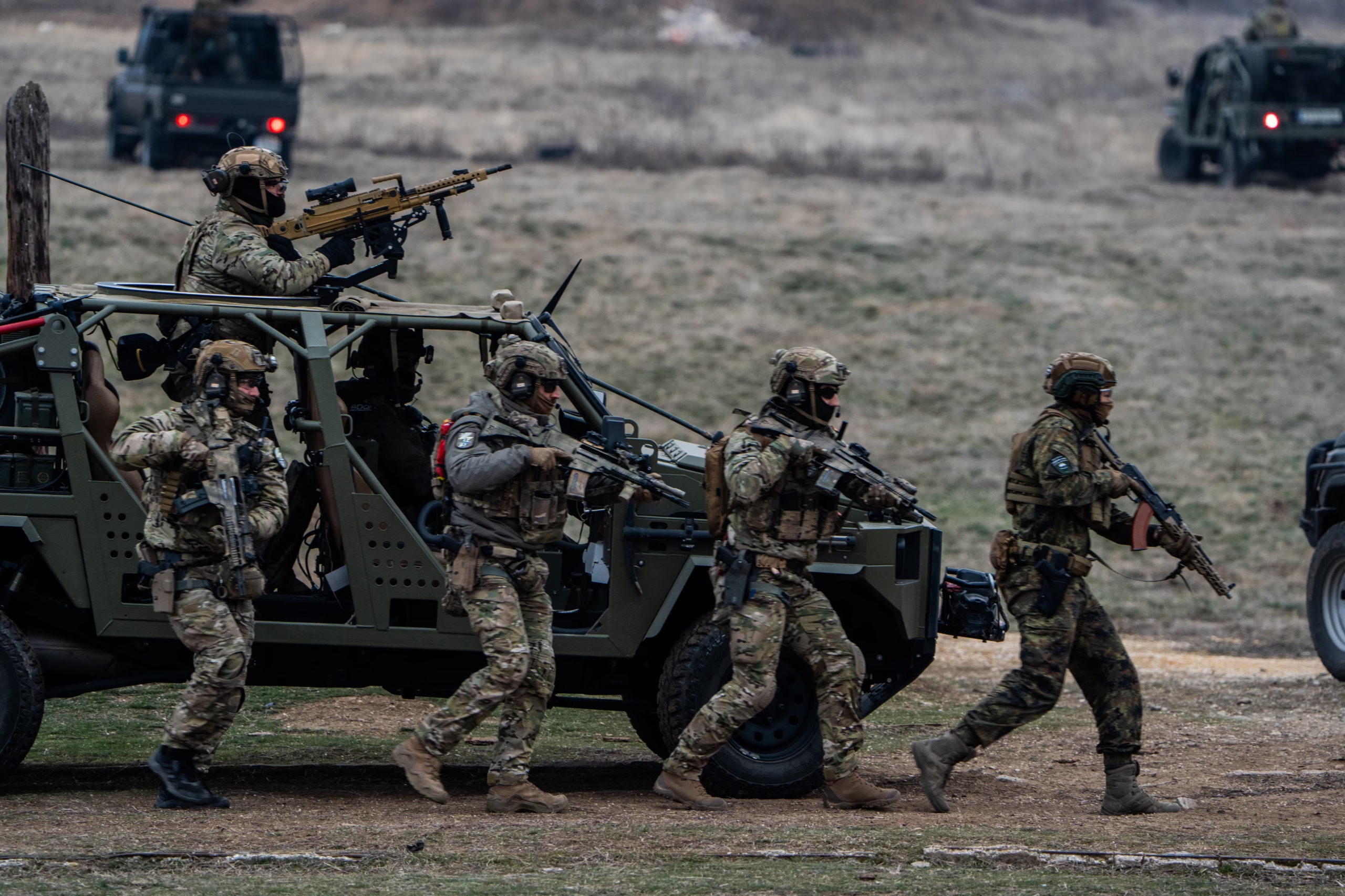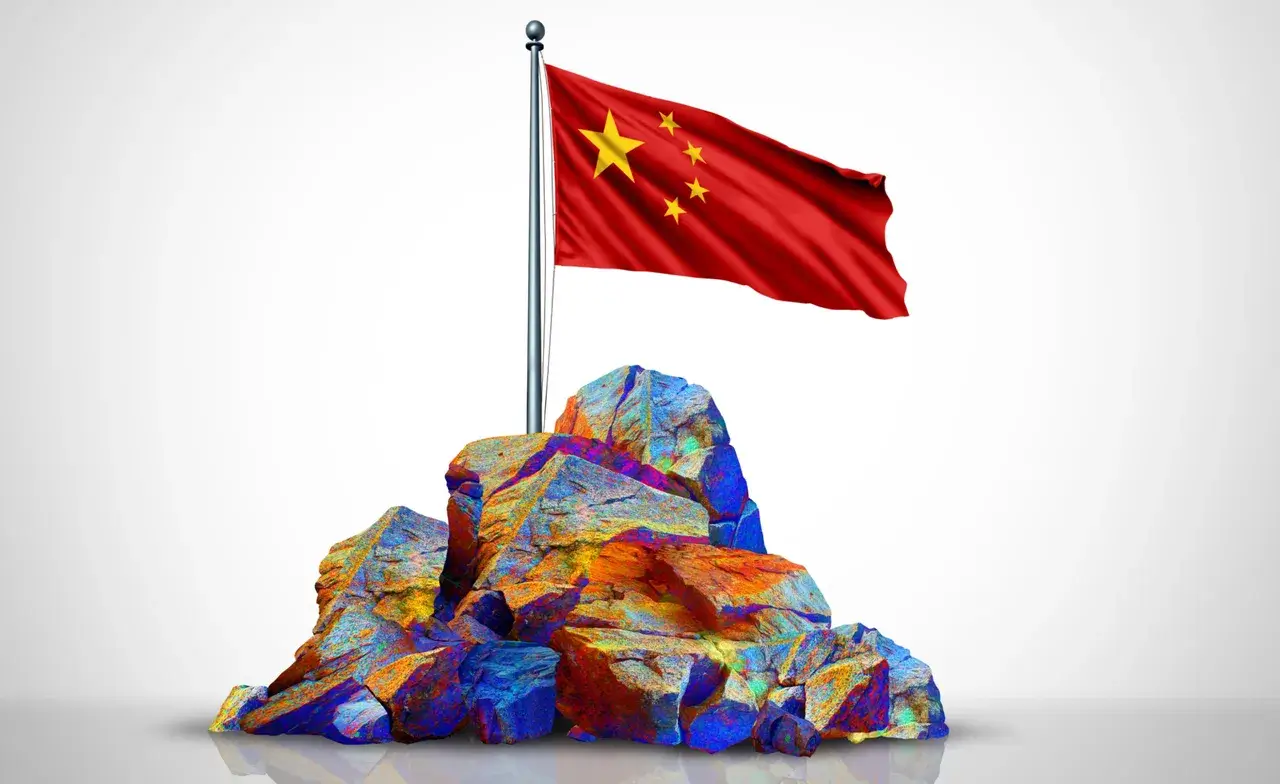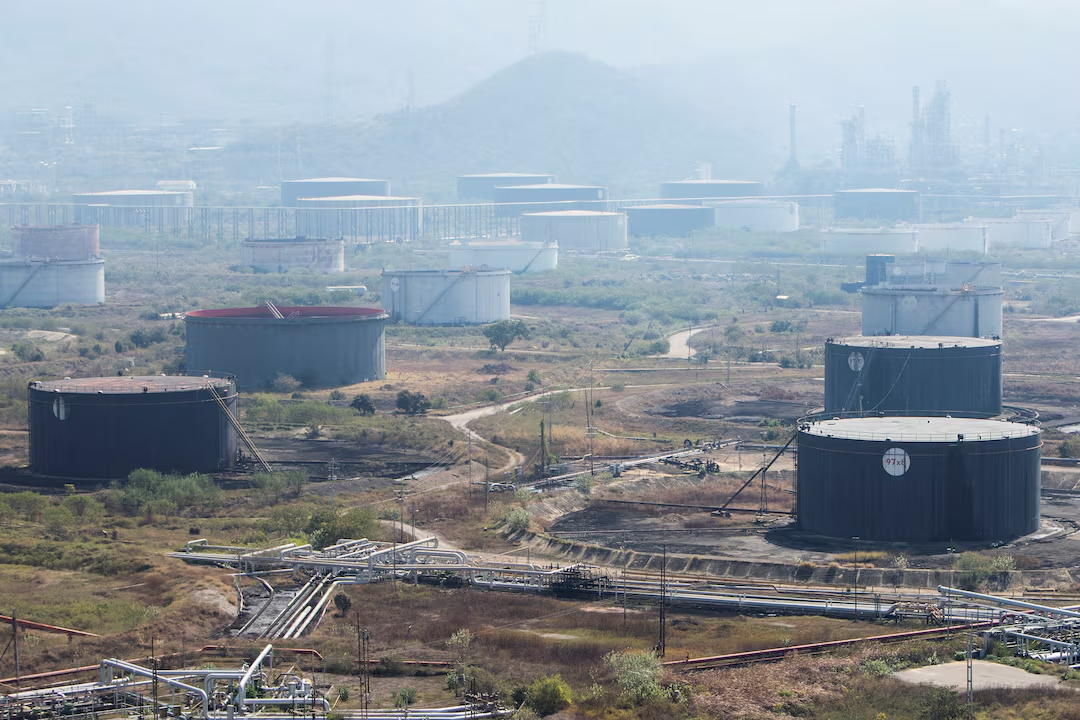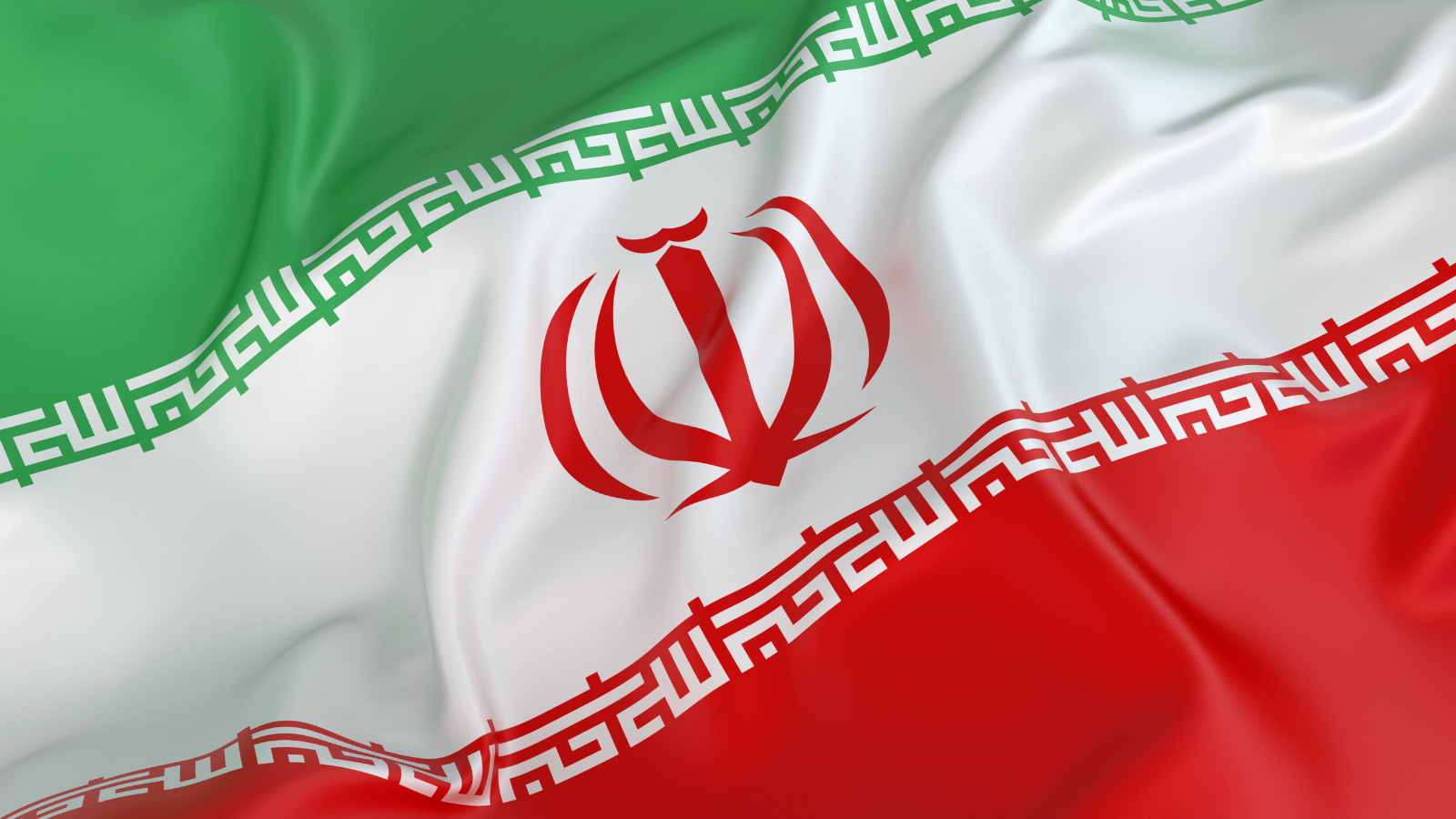When we talk about threats to global security, we no longer refer to tanks crossing borders, warplanes soaring through the skies, or traditional battle scenarios between armies. Instead, we are now speaking of brainwashing techniques, social media manipulation, perception operations powered by artificial intelligence, and radical networks that deliberately agitate societal fault lines.
The “asymmetric” security architecture of the new century has turned into a battlefield dominated by invisible yet highly impactful actors. Radical structures, in particular, have evolved into threats that upend traditional security paradigms, with non-state actors becoming key players. These structures are no longer limited to terrorist cells; they now encompass social media influencers, digital media outlets, religious sects, and NGOs, forming a multi-layered and dynamic ecosystem.
Most of these threats are not spontaneous popular movements. They are often proxy structures designed by major powers as part of geopolitical engineering projects. The cases of Afghanistan, Iraq, Libya, and Syria offer some of the most striking examples of this dynamic.
Radical Waves on Türkiye’s Shore
Despite the internal and regional transformations of the past twenty years, Türkiye has managed to avoid being pulled into the eye of this storm. However, its vulnerabilities are deepening. A worsening economic crisis, high youth unemployment, social injustices, and a declining trust in the judiciary—all of these internal threats are now combining with external pressures like instability in Syria, Iran, and the Caucasus, irregular waves of migration, and renewed structuring efforts by terrorist organizations along the borders. Together, they are severely straining Türkiye’s immune system. At this point, drawing lessons from the fate of other nations becomes crucial.
Pakistan: The Embodiment of the Danger
Pakistan is a cautionary tale of a country radicalized through foreign intervention, ultimately imploding from within. In the 1980s, the mujahideen groups supported by the U.S. against the Soviet Union quickly took control of the state. Islamabad’s strategic dependency and dangerous equilibrium with radical entities rendered the country nearly ungovernable. Today, civilian governance in Pakistan is weakened, while military and intelligence cliques pull the strings. The youth, streets, universities, and mosques have become strongholds of radical ideologies. Disillusionment with the U.S. has pushed Pakistan into a strategic dependency on China.
A similar scenario—albeit with different nuances—could knock on Türkiye’s door. It may not be a direct replica, but similar vulnerabilities can lead to the same outcome.
Radicalism as a Toy in the Hands of Great Powers
Contrary to common belief, radical structures are not merely clusters of fanatics driven by faith. Many are systematically trained, financially and logistically supported, and deliberately designed as “smart ammunition” to disrupt political balances in target countries. Ironically, the U.S. and its allies once encouraged these same entities—until they spun out of control and became near-impossible threats to contain.
Some examples include: The U.S. was arming and training anti-Soviet mujahideen in Afghanistan, attempts to destabilize Russia through Chechnya, international pressure on China through the Uyghur and Tibet issues, efforts to internally fracture Iran via ethnic divisions, proxy wars aiming for regime change in Syria and Libya.
In this equation, Türkiye is often assigned a role as either the West’s border guard or a regional intervention tool. But Türkiye has the potential to reverse this trajectory.
What Roadmap Should Türkiye Follow?
Türkiye can disrupt this game not only through military deterrence but also with its diplomatic acumen, strategic location, soft power, and energy-geopolitical maneuvers. But intention alone is not enough. A rational, multi-layered, and long-term strategy is essential.
I propose a roadmap based on five critical pillars.
1) Rational and Dignified Foreign Policy: A diplomacy grounded in national interest, free from ideological swings, and built on mutual respect and multidimensional cooperation. Relations with the U.S., EU, China, Russia, and regional actors should not be “zero-sum” but should involve layered partnerships.
2) Multi-Layered Security Architecture: A holistic approach that integrates not just the military, but also cyber defense, digital media, academia, and cultural infrastructure into the security apparatus.
3) Building Societal Immunity: Radicalism feeds off identity crises. It can only be neutralized by a healthy, egalitarian, and libertarian societal structure. Education reform, equal opportunity for youth, and social justice must be the foundation of this system.
4) Economic and Digital Independence: Investments in high technology, digital infrastructure, and artificial intelligence are not only keys to development but also vital tools for strategic defense. In a country facing a deepening economic crisis, radicalism will find much more fertile ground.
5) A Media Ecosystem Resilient to Perception Warfare: A media structure capable of rapidly countering disinformation, equipped with verification mechanisms, and built on credibility and impartiality. This goes beyond traditional journalism—it is a matter of national security.
Not “Deep State,” But the Era of “Deep Intelligence”
In the past, Türkiye tried to resolve crises with the reflexes of the so-called “deep state.” Today, the path forward lies not through shadowy structures but through a transparent, scientific, and strategically intelligent “deep mind.” Data analytics, digital diplomacy, AI-supported decision-making, and strategic foresight mechanisms are no longer luxuries—they are prerequisites for survival.
In this context, competent personnel, free-thinking minds, and independent institutions are more valuable than ever. Türkiye possesses these capacities. However, the key determinant will be how these resources are mobilized and directed.
Conclusion: A Seat at the Table or a Place on the Menu?
Let’s not forget that those who cannot design their own game are mere pawns in someone else’s. If Türkiye can construct a rational exit from the spiral of radicalism, it could serve as a model not only for itself but also for its region. Türkiye is at a crossroads. Either Ankara resists “radical decay,” or it is dragged into the most dangerous turbulence in its history.

